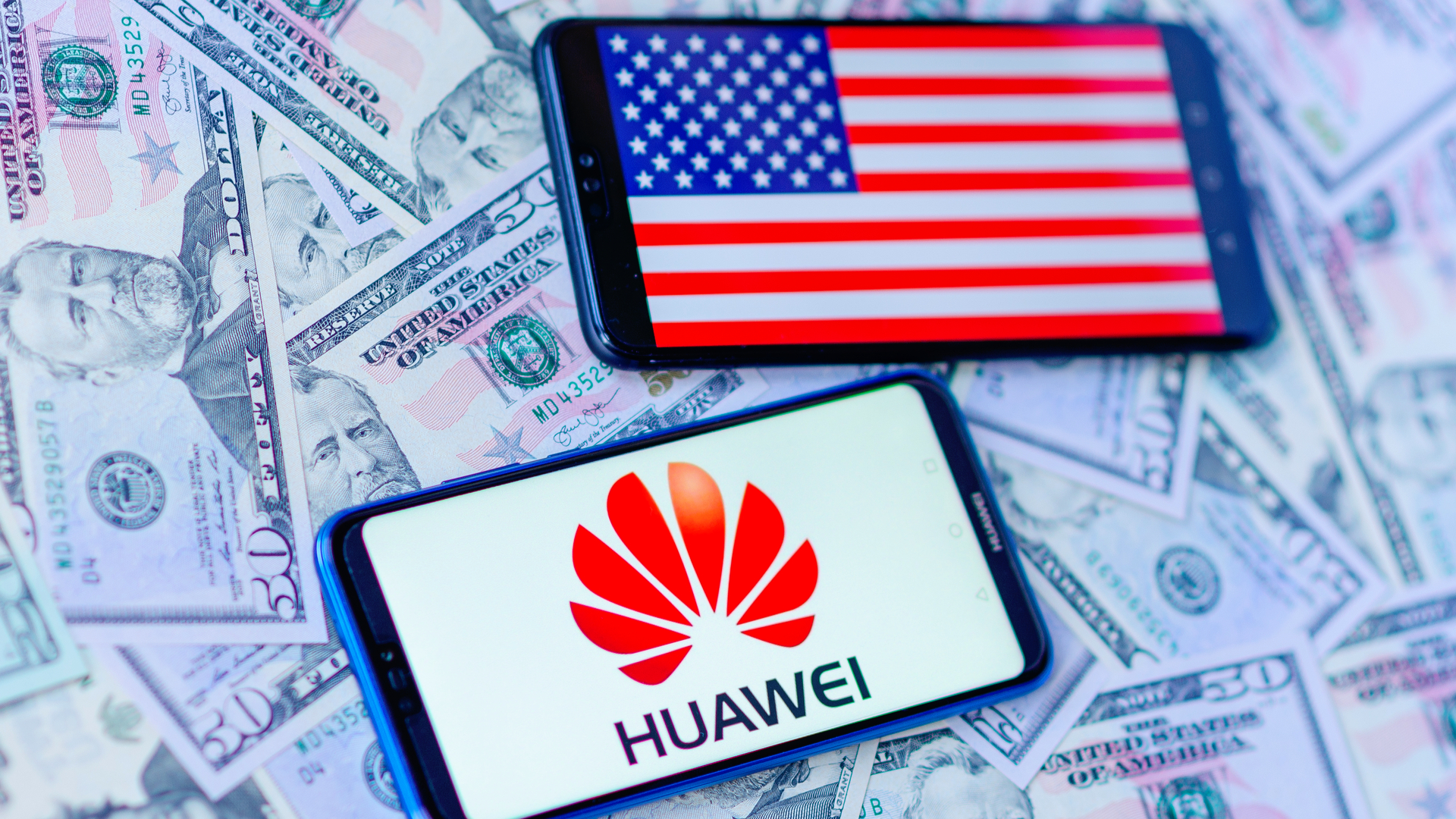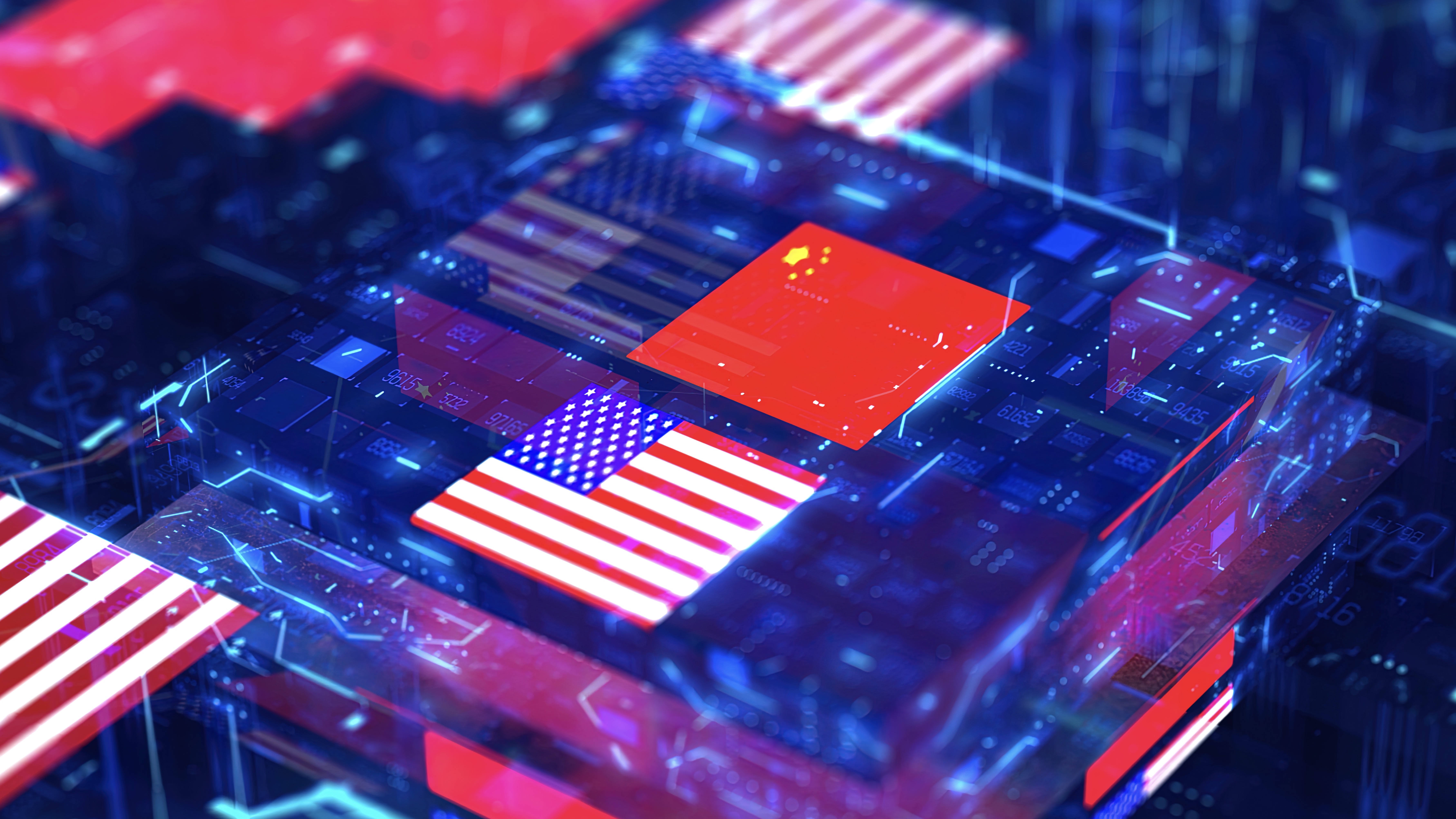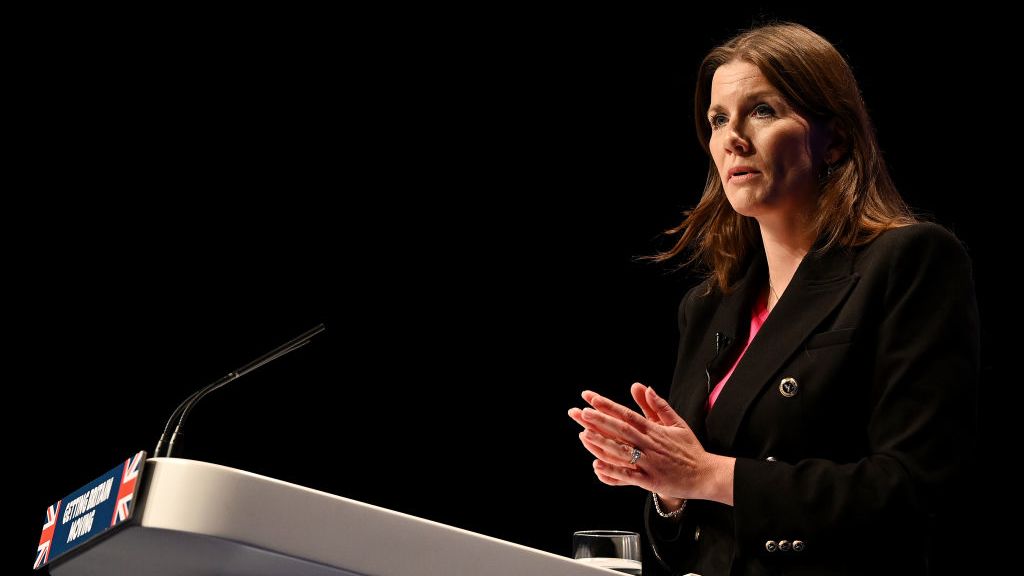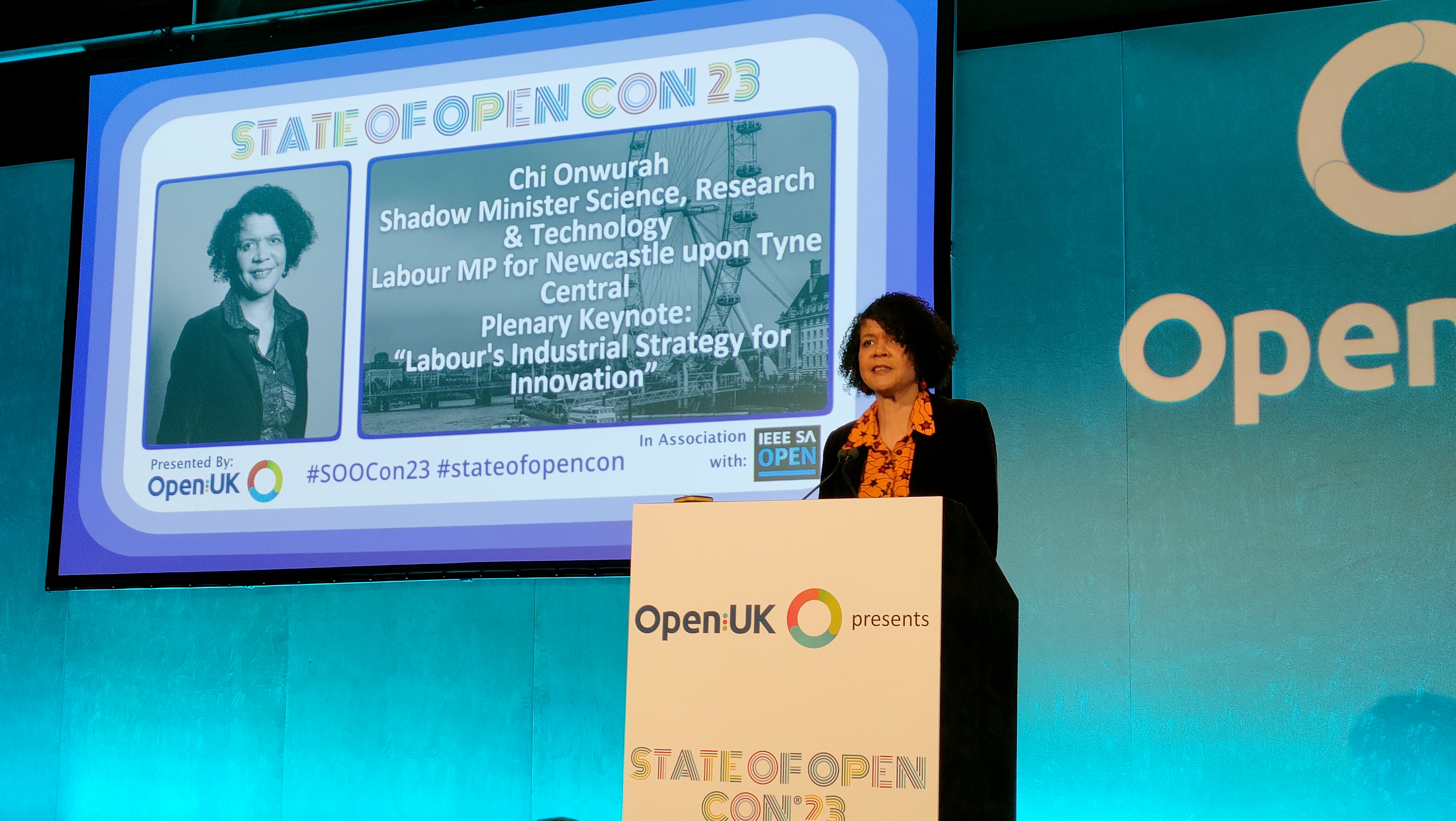US-Huawei sanctions leading to ‘major 5G slowdown’ in Europe
Swedish Telecoms giant claims key decisions are being put off due to security reviews and economic disputes


Major agitation between the US and China are leading to delays to the rollout of 5G networks across Europe.
Anders Nilsson, the CEO of a major Swedish telecoms firm Tele2 has claimed that US sanctions against Huawei, especially, have led to his company postponing deals with equipment suppliers.
Moreover, these concerns are widespread across the industry and are causing delays to 5G investment and deployment across Europe.
"We have a global supply chain, so whoever you buy equipment from you will find components from China," Nilsson told news agency Reuters.
"Even if we buy equipment from Ericsson, which is our neighbour here, you will find Chinese hardware and parts in that equipment.
"We're right now talking to all the vendors, but decisions are postponed. This is not only Huawei; this is all vendors."
His comments come just as President Trump announced this weekend that the US would relieve some aspects of the sanctions placed on Huawei; namely that the Chinese company can resume buying equipment from US firms.
Get the ITPro daily newsletter
Sign up today and you will receive a free copy of our Future Focus 2025 report - the leading guidance on AI, cybersecurity and other IT challenges as per 700+ senior executives
This cease-fire agreement would involve the US agreeing to delay additional tariffs on Chinese goods with China, in turn, buying large amounts of farming produce, according to the Wall Street Journal (WSJ).
Tele2's CEO Nilsson also claimed that consumers were likely to face higher prices if national governments were to ban Huawei infrastructure altogether and limit competition.
It's an issue that has arisen in political conversations in the UK in recent months, as the government considered the idea of imposing its own restrictions on Huawei equipment being integrated into British 5G infrastructure.
But all suggestions point to a negative impact on 5G deployment and the economy. For example, research published earlier this year showed that an outright ban on 5G equipment could cost the economy between 4.5 billion and 6.8 billion.
The prime minister Theresa May, in April, struck a deal that granted Huawei partial access to the UK's critical 5G infrastructure, despite security concerns. This policy could change, however, once a new prime minister takes the reigns by the end of the month.
"This is not good news and shows the negative impact this whole issue is having on 5G rollout," PP Foresight's tech, media and telco analyst Paolo Pescatore told IT Pro, discussing Anders Nilsson's comments.
"Telcos' options are very limited and it is time to move forward without holding back the market.
"On a positive note," he added, "It gives telcos some breathing space to hold back on network investments as margins are being squeezed.
"With the consumer business model being unproven it might be a blessing in disguise. Furthermore, there's plentiful capacity with current 4G networks."
EE has already selectively launched its 5G network in the UK, with Vodafone set to launch its network tomorrow.

Keumars Afifi-Sabet is a writer and editor that specialises in public sector, cyber security, and cloud computing. He first joined ITPro as a staff writer in April 2018 and eventually became its Features Editor. Although a regular contributor to other tech sites in the past, these days you will find Keumars on LiveScience, where he runs its Technology section.
-
 Cleo attack victim list grows as Hertz confirms customer data stolen
Cleo attack victim list grows as Hertz confirms customer data stolenNews Hertz has confirmed it suffered a data breach as a result of the Cleo zero-day vulnerability in late 2024, with the car rental giant warning that customer data was stolen.
By Ross Kelly
-
 Lateral moves in tech: Why leaders should support employee mobility
Lateral moves in tech: Why leaders should support employee mobilityIn-depth Encouraging staff to switch roles can have long-term benefits for skills in the tech sector
By Keri Allan
-
 UK financial services firms are scrambling to comply with DORA regulations
UK financial services firms are scrambling to comply with DORA regulationsNews Lack of prioritization and tight implementation schedules mean many aren’t compliant
By Emma Woollacott
-
 What the US-China chip war means for the tech industry
What the US-China chip war means for the tech industryIn-depth With China and the West at loggerheads over semiconductors, how will this conflict reshape the tech supply chain?
By James O'Malley
-
 Former TSB CIO fined £81,000 for botched IT migration
Former TSB CIO fined £81,000 for botched IT migrationNews It’s the first penalty imposed on an individual involved in the infamous migration project
By Ross Kelly
-
 Microsoft, AWS face CMA probe amid competition concerns
Microsoft, AWS face CMA probe amid competition concernsNews UK businesses could face higher fees and limited options due to hyperscaler dominance of the cloud market
By Ross Kelly
-
 Online Safety Bill: Why is Ofcom being thrown under the bus?
Online Safety Bill: Why is Ofcom being thrown under the bus?Opinion The UK government has handed Ofcom an impossible mission, with the thinly spread regulator being set up to fail
By Barry Collins
-
 Can regulation shape cryptocurrencies into useful business assets?
Can regulation shape cryptocurrencies into useful business assets?In-depth Although the likes of Bitcoin may never stabilise, legitimising the crypto market could, in turn, pave the way for more widespread blockchain adoption
By Elliot Mulley-Goodbarne
-
 UK gov urged to ease "tremendous" and 'unfair' costs placed on mobile network operators
UK gov urged to ease "tremendous" and 'unfair' costs placed on mobile network operatorsNews Annual licence fees, Huawei removal costs, and social media network usage were all highlighted as detrimental to telco success
By Rory Bathgate
-
 Labour plans overhaul of government's 'anti-innovation' approach to tech regulation
Labour plans overhaul of government's 'anti-innovation' approach to tech regulationNews Labour's shadow innovation minister blasts successive governments' "wholly inadequate" and "wrong-headed" approach to regulation
By Keumars Afifi-Sabet